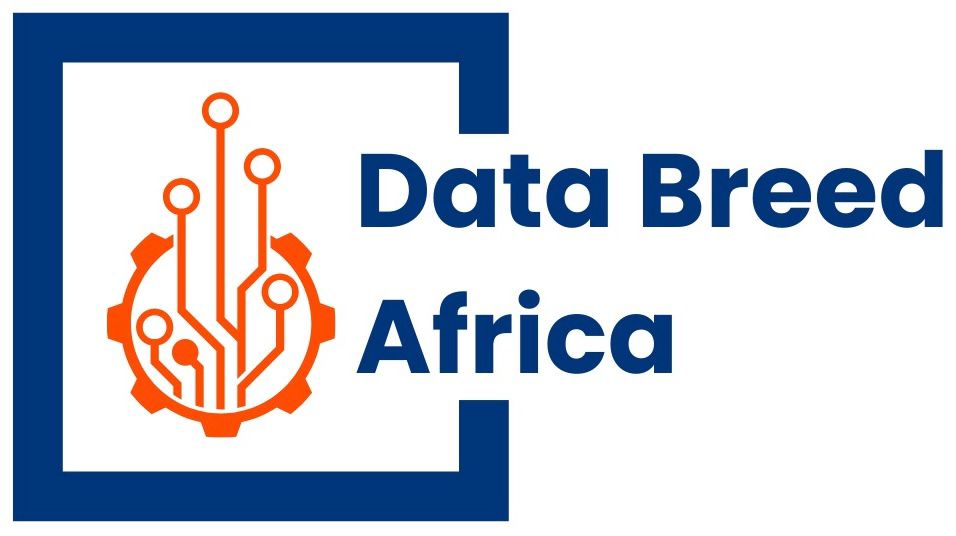Artificial Intelligence (AI) is rewriting the rules of the global economy. From self-driving cars to voice assistants and medical diagnostics, to cybersecurity solutions the world is racing ahead with AI-powered innovations. But here’s the good news: Africa doesn’t need to play catch-up. Instead, the continent has a rare opportunity to leapfrog into the AI revolution; just like it skipped landline telephones and jumped straight to mobile phones and mobile money.
The question isn’t whether Africa can catch up. The real question is: how can Africa set the pace?
Why Africa Doesn’t Have to Follow the West’s Path
Unlike many developed economies weighed down by outdated infrastructure and rigid systems, Africa has the advantage of flexibility. This freedom allows the continent to adopt cutting-edge AI directly without first dismantling old systems.
We’ve seen this before. Mobile money platforms like M-Pesa in Kenya transformed financial inclusion long before cashless payments became mainstream in the West. Today, African fintech startups like Flutterwave and Chipper Cash are rewriting the global playbook for digital finance.
The same principle applies to AI: Africa can leapfrog by applying AI directly to solve pressing challenges in innovative ways – without waiting for “proven” models from outside.
Africa’s Untapped AI Opportunities
AI is not just about robots and futuristic gadgets. It’s about solving real-world problems, and Africa is rich with opportunities:
- Cybersecurity – AI is very instrumental in the modern age, especially within tech fields like cybersecurity where artificial intelligence can be used in solutions to: Threat Detection & Prevention, Anomaly Detection, Automated Incident Response and even Predictive cybersecurity.
- Agriculture – AI-powered precision farming can help farmers detect crop diseases, predict rainfall patterns, and boost yields. Startups like Aerobotics are already using AI drones to support farmers across the continent.
- Healthcare – In regions where doctors are scarce, AI tools can help diagnose illnesses, read X-rays, and even predict disease outbreaks. Platforms like Zipline combine AI with drones to deliver medical supplies in remote areas.
- Education – AI-driven e-learning platforms can provide personalized lessons, bridging the gap for students in under-resourced schools. Tools that integrate local languages can help millions access knowledge.
- Climate & Energy – AI can optimize renewable energy use, monitor deforestation, and help communities adapt to climate change. Imagine solar grids powered by predictive AI models for rural villages.
These are not distant dreams. They’re opportunities waiting to be scaled.
Barriers Holding Africa Back
Of course, leapfrogging isn’t automatic. Africa must first address some pressing challenges:
- Data Deserts – Many sectors lack quality data, making it hard to train reliable AI models.
- Skills Gap – AI talent is scarce, and many young Africans lack exposure to AI literacy.
- Policy & Regulation – Weak or outdated policies can stifle innovation or lead to unethical use.
- Access & Affordability – Cloud services, AI tools, and internet connectivity remain expensive for many startups and individuals.
These barriers are real, but they’re not insurmountable.
The Leapfrog Blueprint
Here’s how Africa can leap boldly into the AI era:
- Invest in Local Talent – Expand AI training programs, mentorship, and grassroots innovation hubs. Initiatives like Data Science Africa are already proving what’s possible.
- Leverage Indigenous Knowledge – Train AI systems in African languages and contexts to make them more relevant and impactful. Google’s recent work on Swahili voice recognition is a good start, but we need more.
- Public-Private Partnerships – Governments, universities, and startups must collaborate to scale innovation while ensuring responsible use.
- Affordable Access to Tools – Open-source AI frameworks, affordable cloud platforms, and shared computing hubs can democratize access.
- Pan-African Collaboration – AI doesn’t stop at borders. Building continental ecosystems where startups, researchers, and governments share resources will create stronger impact.
The Role of Youth and Startups
Africa’s greatest asset isn’t oil, gold, or even data—it’s its young people. With 70% of the population under 30, youth are the heartbeat of Africa’s AI future.
- Startups can develop AI solutions tailored to African realities, from micro-finance platforms to AI-powered e-commerce.
- Students and innovators can use no-code AI tools and online courses to build projects without advanced technical training.
- Communities of practice—AI clubs, hackathons, and innovation labs—can nurture collaboration and bold ideas.
This isn’t about waiting for Silicon Valley to build solutions for Africa. It’s about Africans building AI for Africa—and for the world.
Conclusion
Africa doesn’t have to play catch-up in the AI race. By embracing innovation, investing in local talent, and applying AI to real problems, the continent can lead in ways others cannot.
Just as mobile money turned Africa into a fintech pioneer, AI has the potential to make Africa the world’s next innovation hub. The leapfrog moment is here—the only question is whether we will seize it.
At Data Breed Africa, we believe in equipping Africa’s youth, startups, and communities to thrive in this digital age. Together, we can ensure Africa doesn’t just join the AI revolution—we can lead it.
